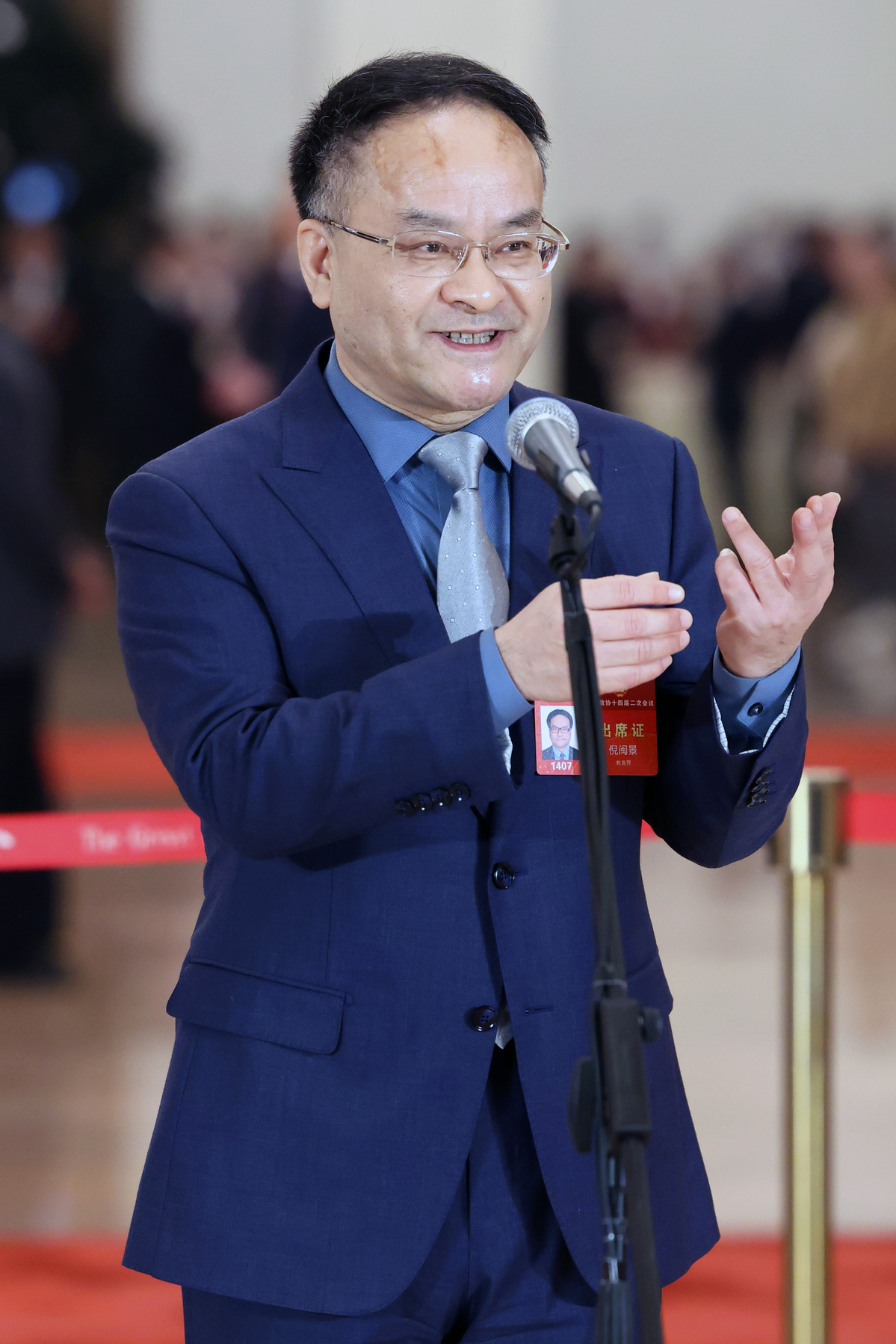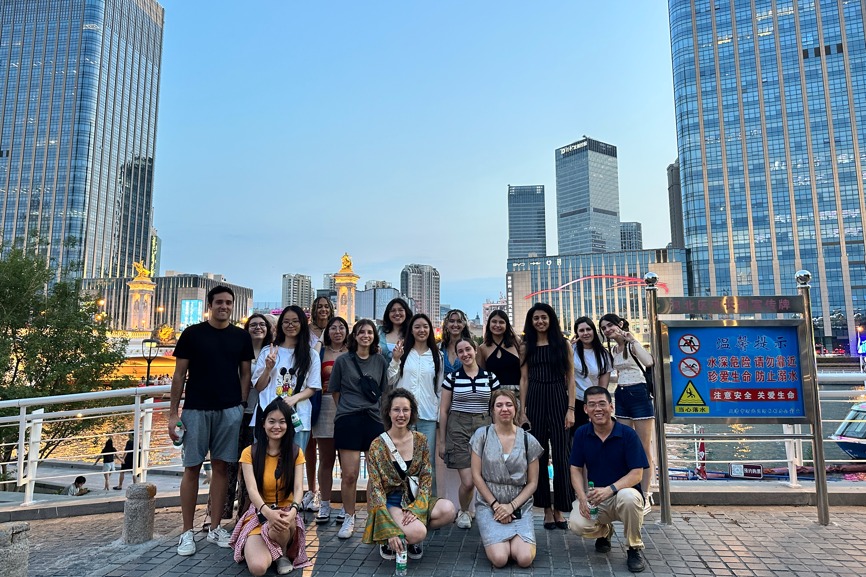Museum director shares how China continues to grow science literacy


Science literacy has tripled in the past 12 years in China, Ni Minjing, a member of the Chinese People's Political Consultative Conference National Committee, said on Sunday.
Speaking at a member's passage interview on the sidelines of the annual two sessions, Ni, head of the Shanghai Science and Technology Museum, attributed the progress to a society-wide efforts to popularize science.
"For example, CPPCC National Committee has launched a Members' Science Lecture Hall, where many academicians and renowned scientists take the lead in popularizing science," he said.
"An increasing number of scientists are taking on part-time roles as vice-principals for science and technology in primary and secondary schools."
Ni said global science education is shifting toward learning for innovation, where innovation stems from diverse minds and actions. Playing basketball, joining a chorus competition, and helping with household chores, can all strengthen their mental faculties and reduce the chance of psychological problems and, eventually, increase the likelihood of innovative talents.
He said that top innovative talents share three common traits: first, they are very independent and proactive; second, they have a strong interest in a particular field and are highly focused; third, they are particularly resilient and can persevere.
"Regardless of exam performance, these three qualities can be nurtured and are the true value and power of education," he said.
Ni stressed that scientific education is not just about high-tech education. "Everything is open to exploration, and even rural areas are full of scientific resources. Every piece of soil, every flower and every clear night sky presents excellent opportunities for scientific exploration."
- China expands low-orbit internet network with new launch
- AI can help create global citizens, intl English educators say
- Math labs unveiled in 2025 World AI conference
- Shi Yongxin under probe for alleged criminal offenses
- Seal carving exhibition opens for Beijing Central Axis' first heritage anniversary
- Hawaiian students and teachers experience Hainan culture




































